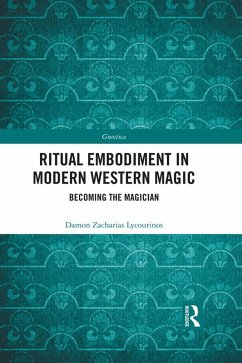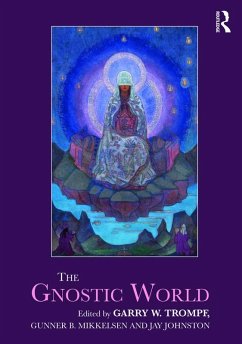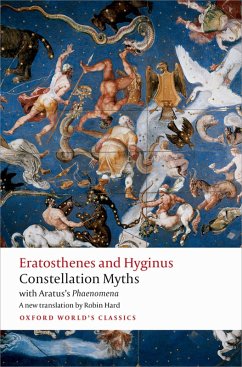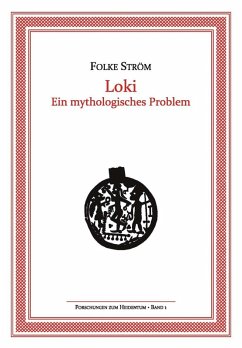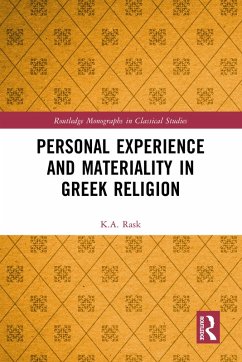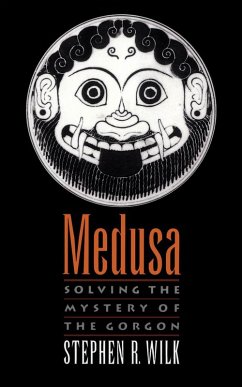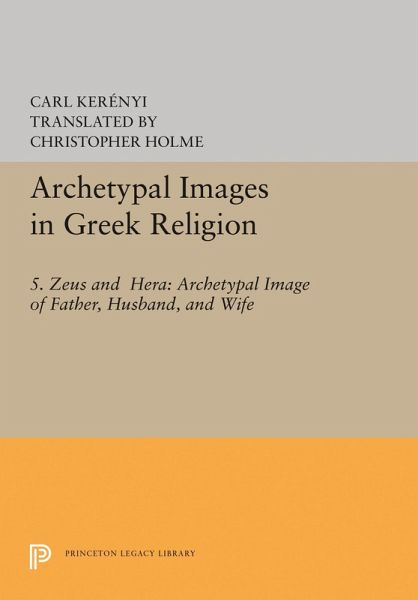
Archetypal Images in Greek Religion (eBook, PDF)
5. Zeus and Hera: Archetypal Image of Father, Husband, and Wife
Versandkostenfrei!
Sofort per Download lieferbar
21,95 €
inkl. MwSt.
Weitere Ausgaben:

PAYBACK Punkte
11 °P sammeln!
What did Zeus mean to the Greeks? And who was Hera, united with Zeus historically and archetypally as if they were a human pair? C. Kerenyi fills a gap in our knowledge of the religious history of Europe by responding to these questions. Examining the word Zeus and its Greek synonyms theos and daimon, the author traces the origins of Greek religion in the Minoan-Mycenacan civilization. He shows how Homer's view of the gods decisively shaped the literary and artistic tradition of Greek divine mythology. The emergence of the Olympian family is seen as the expression of a humane Zeus cult determi...
What did Zeus mean to the Greeks? And who was Hera, united with Zeus historically and archetypally as if they were a human pair? C. Kerenyi fills a gap in our knowledge of the religious history of Europe by responding to these questions. Examining the word Zeus and its Greek synonyms theos and daimon, the author traces the origins of Greek religion in the Minoan-Mycenacan civilization. He shows how Homer's view of the gods decisively shaped the literary and artistic tradition of Greek divine mythology. The emergence of the Olympian family is seen as the expression of a humane Zeus cult determined by the father image but formed within the domain of Hera.
Originally published in 1976.
The Princeton Legacy Library uses the latest print-on-demand technology to again make available previously out-of-print books from the distinguished backlist of Princeton University Press. These editions preserve the original texts of these important books while presenting them in durable paperback and hardcover editions. The goal of the Princeton Legacy Library is to vastly increase access to the rich scholarly heritage found in the thousands of books published by Princeton University Press since its founding in 1905.
Originally published in 1976.
The Princeton Legacy Library uses the latest print-on-demand technology to again make available previously out-of-print books from the distinguished backlist of Princeton University Press. These editions preserve the original texts of these important books while presenting them in durable paperback and hardcover editions. The goal of the Princeton Legacy Library is to vastly increase access to the rich scholarly heritage found in the thousands of books published by Princeton University Press since its founding in 1905.




